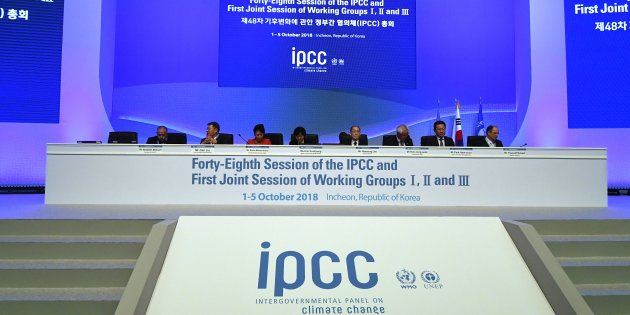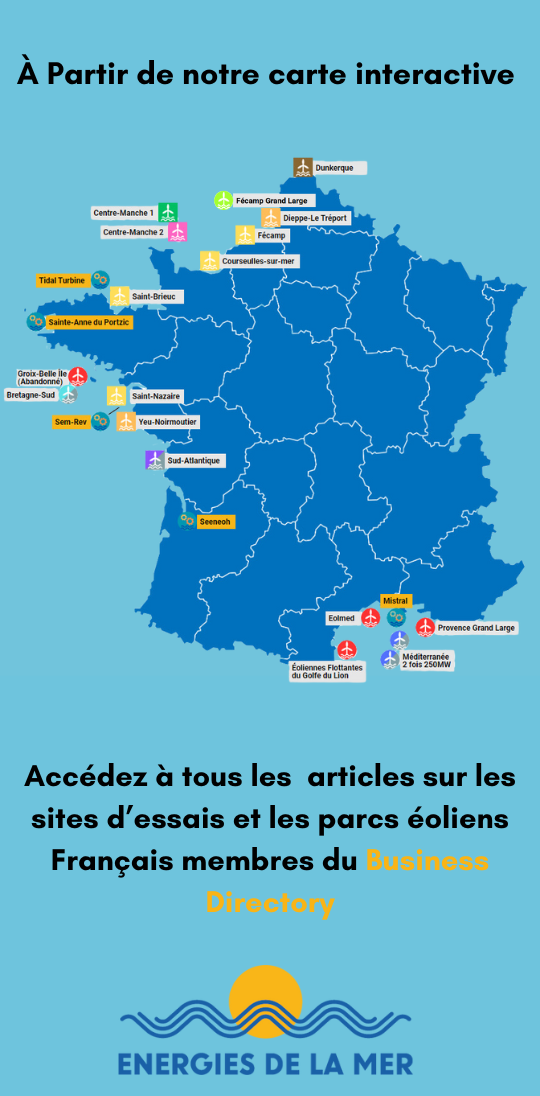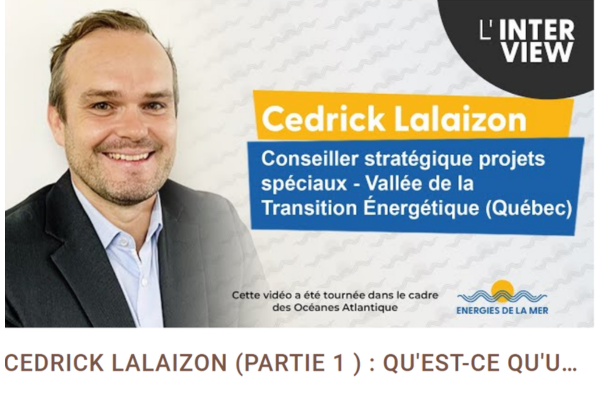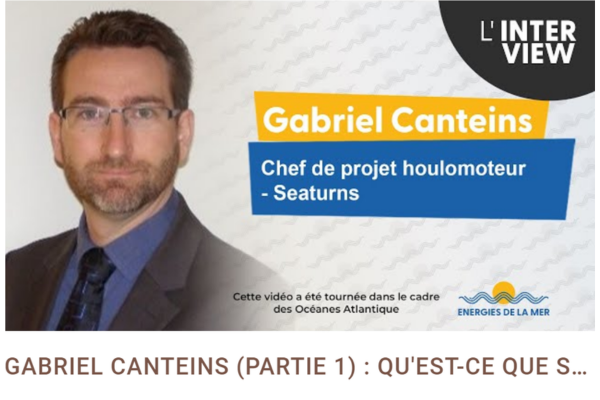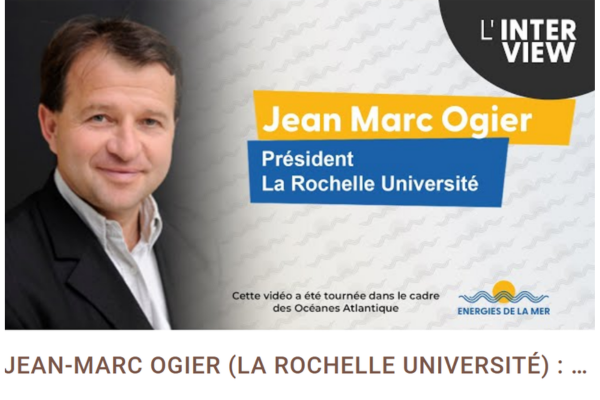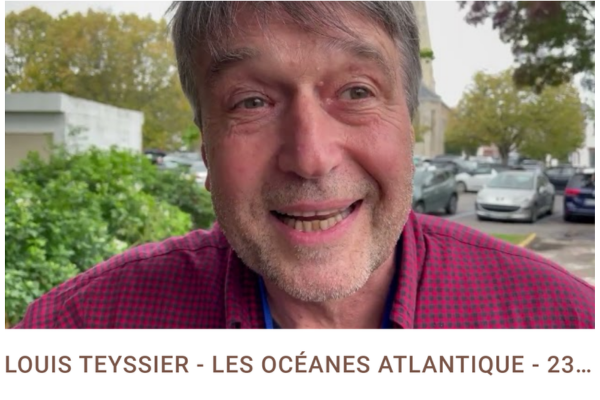France – Lundi 08/10/2018 – energiesdelamer.eu. Les 1ères Rencontres LUDI sont au coeur de l’actualité. Jeudi et vendredi prochains l’université de La Rochelle présente avec le concours de Jean Jouzel les conséquences du l’évolution du littoral.
Quel impact sur le littoral ?
C’est l’une des nombreuses questions à laquelle l’Université tente de répondre avec son projet LUDI « Littoral urbain durable intelligent ». En effet, l’université de la Rochelle s’est engagée dans un processus global afin de permettre aux futurs diplômés de maîtriser la chaîne de conséquences du changement climatique sur le littoral, de la gérer et d’y remédier.
Alors que ce matin, un groupe de scientifiques et experts publie une lettre appelant l’Union Européenne à prendre en compte les implications du rapport en relevant les objectifs européens de réduction des émissions reproduite ci-dessous – l’université de la Rochelle propose les jeudi 11 et vendredi 12 octobre prochains plusieurs espaces et temps d’échanges, de conférences, d’exposition.
Jeudi 11 octobre
18h – Conférence avec Jean Jouzel, climatologie, glaciologue, prix Nobel de la paix en 2007 avec Al Gore et les scientifiques du GIEC (sur inscription) à la Maison de l’étudiant en présence de Karmenu Vella, Commissaire européen Environnement, Affaires maritimes, Pêche, Jean-François Fountaine, Président de la Communauté d’Aglomération de La Rochelle, Jean-Pierre Servant, Président de la Communauté de Communes Aunis Atlantique, Jean-Marc Ogier, Président de l’Université de La Rochelle.
Vendredi 12 octobre
14h – 17h : Journée d’échange des experts (sur inscription) à la Maison de l’étudiant
- 14h : Conférence introductive : Yves Henocque (IFREMER, Fondation de France)
- 14h45 : Table ronde :l’approche des enseignants-chercheurs de l’Université de La Rochelle dans le cadre de l’Institut Littoral Urbain Durable Intelligent
- 15h45 : Pitch de projets partenariaux
- 16h25 : Interviews des doctorants
- 16h45 : Conclusion par Yves Henocque
Points de repère
Texte final co-signé par 15 personnalités dont les climatologues anciens patrons du Giec Jean-Pascal Van Ypersele, Bert Metz et Jean Jouzel, ainsi que Patrick Criqui, Catherine Jeandel et l’économiste Michael Jacobs.
Titre : The new IPCC report makes the case for strengthening EU climate policy
« Political consensus was achieved at COP21 in Paris, when all countries agreed to “holding the increase in the global average temperature to well below 2°C above pre- industrial levels and pursuing efforts to limit the temperature increase to 1.5°C above pre- industrial levels.” A new threshold for avoiding the worst impacts and damages from climate change was set. The Intergovernmental Panel on Climate Change was tasked to provide a special report on 1.5°C of global warming and related global greenhouse gas emission pathways.
The 1.5°C aspirational goal was adopted, because it was a matter of survival for many low-lying island states and coastal regions. Already at the current 1°C warming we can witness extreme weather events happening more frequently and severely – also in the EU as this summer showed.
The IPCC report released today indicates clearly:
- The risks of climate change at 1.5°C are significantly smaller than at 2°C. This applies to impacts on health, crop yields, fisheries, water stress, biodiversity, sea level rise and the economy as a whole. Marine ice sheet instability in Antarctica and irreversible loss of the Greenland ice sheet could lead to multi-metre sea level rise and the threshold for this could lie between 1.5 and 2oC warming.
- The economic benefits of limiting warming to 1.5°C are huge. Limiting warming to
1.5°C instead of 2°C would save 1.5–2.0% of Gross World Product (GWP) by mid-century and 3.5% of GWP by end-of-century (not including long-term sea level rise impacts) and also has been estimated to result in co-benefits of 0.5–0.6% of GWP due to reductions in air pollution. The “costs” are actually investments in avoiding those damages and improving infrastructure, health, geopolitical stability and resilience.
- Humanity has the means to limit climate change and build a more sustainable and resilient future. It is still possible to meet the 1.5°C limit with ambitious policies in all sectors. It will also be much easier to achieve the Sustainable Development Goals in a 1.5°C world.
- Sticking to the current 2030 country pledges (NDC’s), prepared a year before the Paris Agreement was adopted, would make the 1.5°C goal infeasible.
In light of these findings, the only logical and responsible reaction for the EU and its Member States would be to make their policies consistent with a 1.5°C scenario, delivering on their Paris commitment and aiming to avoid the most severe damage globally and domestically.
The IPCC report shows that for limiting warming to 1.5°C global greenhouse gas emissions have to be net zero around 2070. To allow poor countries more time, the EU would have to reach that point earlier, i.e. net-zero by 2050. Even for a “well below 2°C” scenario, a 95% greenhouse gas emission reduction by 2050 would be an appropriate goal and this means a very significant departure from the current policy track that is based on an 80% reduction by 2050. Under both pathways, it is essential that additional emission reductions occur over the next decade – especially in the transport and energy sector. Hence, increasing the EU’s 2030 reduction target to a range of 55-60% compared to 1990 becomes a necessity. Using the 400 billion Euros spent annually on fossil fuel imports could be a good starting point to trigger investments at scale.
Tomorrow, the Environment Council has the opportunity to back a net-zero greenhouse gas emissions goal by 2050 and state clearly that the EU is intending to strengthen its 2030 targets before next year’s UN Secretary General Antonio Guterres’ climate summit in September. International partners and European civil society expect no less in terms of EU leadership on the Paris Agreement. »
Bert Metz, former IPCC Mitigation Working Group co-chair
Jean-Pascal van Ypersele, professor of climate and environmental science at the Université catholique de Louvain, Belgium, former IPCC Vice-chair
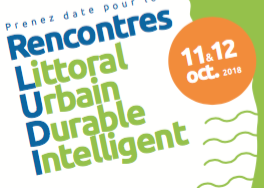
Rendez-vous aux journées Premières Rencontres LUDI « Littoral Urbain Durable Intelligent »
les 11 & 12 octobre 2018 à l’Université de La Rochelle.
Publicités Google :

